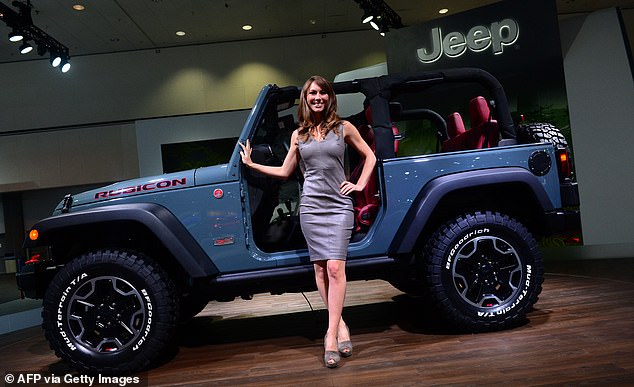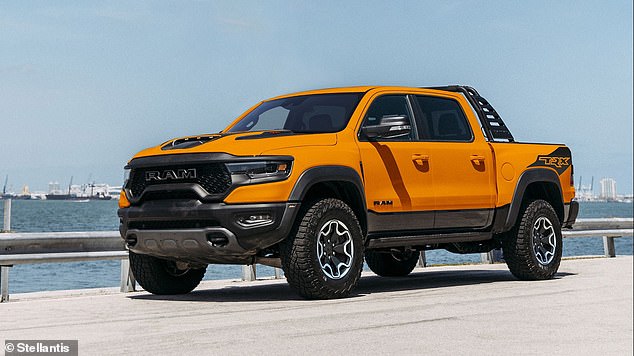- READ MORE: I was driving a domestically produced vehicle that outperforms a Ferrari
A renowned Detroit-based company is set to implement significant transformations throughout the United States.
Stellantis, the corporation that manages renowned American automotive brands such as Chrysler, Jeep, Dodge, and Ram, surprised shareholders by disclosing a loss of $2.68 billion during the first half of 2025.
That continues a series of sales failures. The company recorded a 70 percent decline in profits last year.
Currently, specialists suggest that customers can anticipate encountering a selection of powerful gasoline vehicles at US dealerships to enhance sales.
Brand portfolio choices made during the previous leadership failed to capture theessential requirements of current Ram, Dodge, and Jeep models“customers,” said Rella Suskin, an analyst at MorningStar.
This has created significant gaps in these brands’ offerings compared to where market demand is focused.
The first gasoline-powered shoe to be released was Ram’s choice tobring back the Hemi V8 modelof its full-sized pickup truck.
Last year, the truck manufacturer discontinued the 5.7-liter engine, replacing it with a more efficient and powerful V6 model. However, customers reacted negatively to the decision to eliminate the fuel-hungry option, leading the truck’s senior executive to issue an apology through a new advertising initiative.

“We have it. We made a mistake. And we’re correcting it,” said Tim Kuniskis, CEO of the Ram brand, in its latest advertisement, as he spoke over the powerful sound of the truck’s famous V8 engine.
Do you hear that? That’s our HEMI. And it’s saying, ‘We’re back.’
Suskin mentioned that the return to loud exhaust systems will also apply to other brands.
She noted that Jeep is reintroducing the mid-sized Jeep Cherokee this year, re-entering the top-selling category in American automobile production.
“For Dodge, the company has been concentrating on a new electric model, but this does not address the main customer,” she added.
Stellantis aims to reintroduce a vehicle to satisfy its primary clientele.
The sudden change occurs as Stellantis deals with a financial crisis that is pushing the company to make a major strategic adjustment.
The firm’s astonishing billion-dollar loss for the first half was disclosed before the planned earnings announcement on July 29.


The financial meltdown isn’t surprising.
Former CEO Carlos Tavares suddenly resigned in December, having two years remaining on his contract, leaving Antonio Filosa with a massive cleanup challenge.
In the meantime, Trump’s tariffs are significantly impacting the company. Stellantis has already paid $350 million in tariffs this year and anticipates the total to reach $1.5 billion by December. U.S. shipments have dropped by 25 percent.
But here’s the catch for car buyers: according to Suskin, prices at dealerships are set to rise this year.
Dodge currently has 118 days of unsold vehicles available for purchase — significantly higher than the industry standard of 82 days. This large stock surplus, along with pre-tariff cars still being sold, has maintained prices at an unusually low level.
“Management hinted at not implementing price hikes so far,” she stated.
However, we anticipate that price hikes will serve as a tool to counteract the effects of tariffs.
Stellantis declined to comment.







